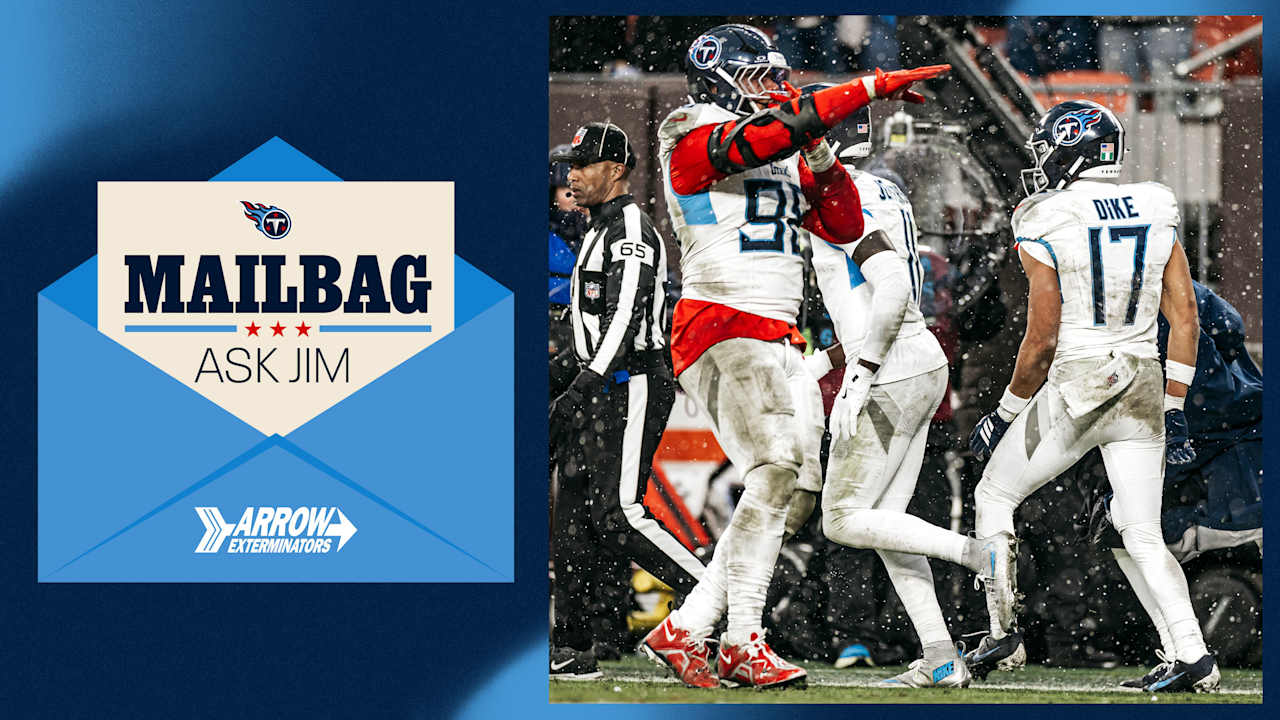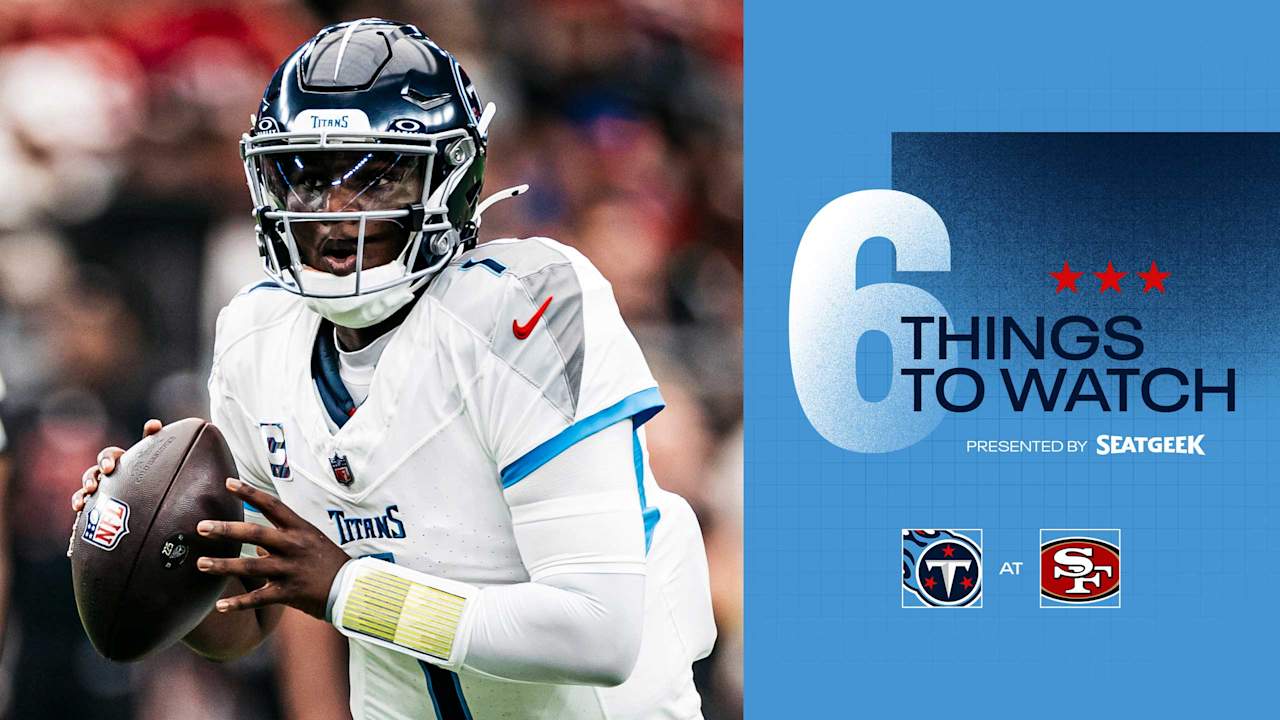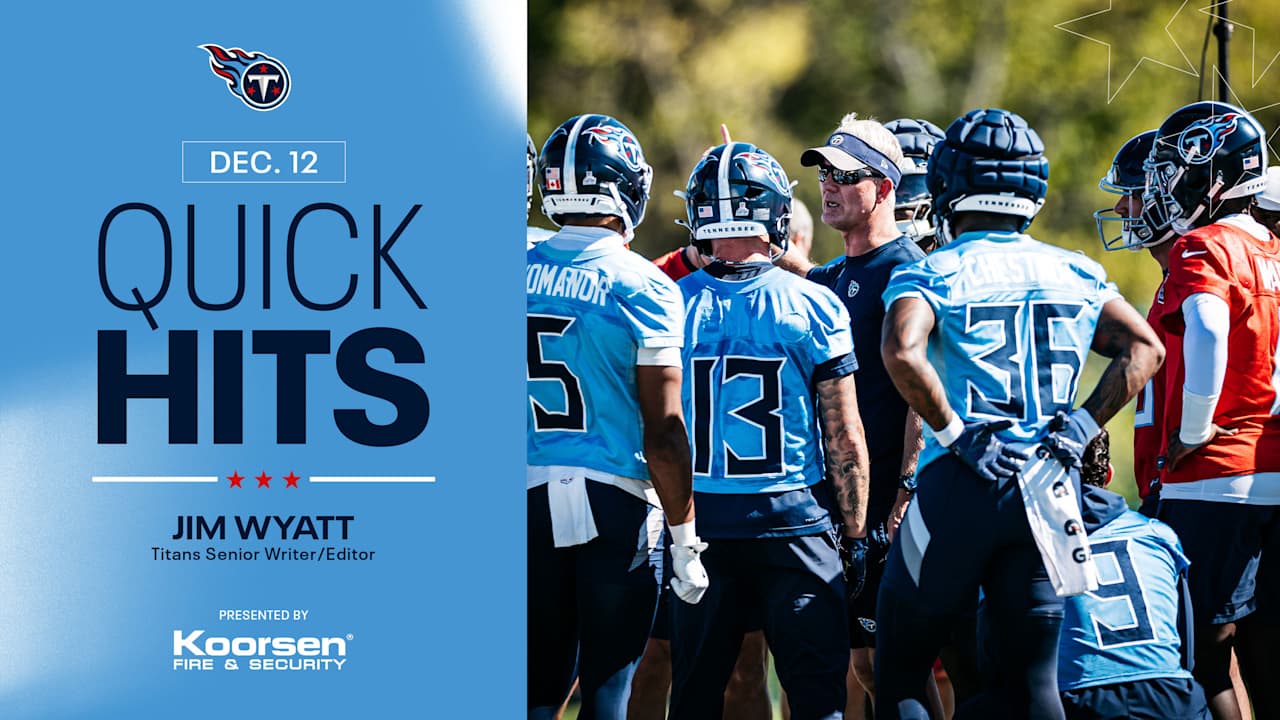Less than a year in business, Sherrese Clarke Soares is on her way to making her HarbourView Equity Partners a quiet giant in the music-assets space — and to do it, she has been making significant bets on Latin music. Since opening its doors in October 2021, HarbourView has landed 16 to 20 deals covering close to 40 music catalogs that include everything from reggaetón to regional Mexican tunes. Industry sources say Apollo Global Management has backed the firm — which is focused on media assets — with an initial investment of $1 billion.
The guarded Clarke Soares, 45, declines to comment on that figure, her funding approach and most other financial aspects of her business. A 20-year veteran of entertainment investment, the Harvard Business School graduate learned the value of discretion while working at CIT Group and then with Morgan Stanley, where she took part in her first music deal: BMG’s acquisition of Bug Music in 2011.
As a result, HarbourView has announced only six of its dozens of catalog acquisitions: the music publishing catalog of Latin superstar Luis Fonsi that includes his songwriting share of the global hit “Despacito”; the publishing catalog of Dre & Vidal, an R&B songwriting/production duo that has worked with Alicia Keys, Justin Bieber, Jill Scott and Mary J. Blige, among many others; a stake in the music publishing and recorded-master royalties of rap-rock band Hollywood Undead’s first four albums; the publishing catalog of Sum 41 frontman and main songwriter Deryck Whibley; and, in country music, a share of Brad Paisley’s master recordings income stream, as well as the publishing song catalog of Lady A.
Industry sources tell Billboard that HarbourView has also done two so-far undisclosed but pricey deals: the acquisition of Usher’s stake in RBMG Records, which houses Bieber’s recorded-master catalog, and the purchase of SoundHouse, which owns streaming royalties from some 20 master-recording catalogs as well as the assets of the independent contemporary Christian record label Inpop.
Clarke Soares won’t discuss those deals either, or elaborate on her departure from her previous private equity firm, Tempo Music, which she launched in late 2019 with backing from Providence Equity Partners. (Providence has subsequently put Tempo’s portfolio up for sale.) “While Providence were great partners, I didn’t have a meaningful ownership stake,” she says. “I wanted to own my own firm.”
She is more expansive on her company’s approach to investment, which she says is inspired by her Jamaican heritage. HarbourView is named after the community in Kingston from which her father hails. (Her parents emigrated to the United States in the early 1970s.) “In Jamaica, we have a saying: ‘That out of many, one people,’” she says. “HarbourView tries to reflect that from a cultural perspective. We have a diverse team of investors of all gender orientations. We’re excited to build a great team that’s centered around a point of view that really reflects humanity. We’re investing in culture, and culture is not homogenous. If your team does not reflect the world, then you’re going to miss opportunities and it’s going to be hard to get great returns.”
Do any of your team members have prior music experience?
We have a full-time staff of 16, and everyone understands [intellectual property assets] and IP investing. We’ve got advisers who are exclusive to us who have deep engagement, relationships and experience in music from an operating perspective: Crown Entertainment CEO Vincent Searcy, Victor Victor Worldwide GM Shivam Pandya and Def Jam executive vp Rodney Shealey.
How has that approach helped you so far in deal-making?
It puts us in a position to be thoughtful, deliberate and make smart investments, but also to move with intention and speed. That’s something that many on the seller side have complained about — when various peers for various reasons can’t close on a timely basis. Also, unlike most of our peers, we can effectively compete for large-scale deals with multiple catalogs, as well as in the individual artist and songwriter space. Most of our competitors are in one pocket or the other.
What does HarbourView’s portfolio look like?
We have a decent amount of Spanish-language music, a lot of indie rock and a lot of hip-hop and R&B, which sometimes is overlooked.
HarbourView bought Luis Fonsi’s publishing, which includes “Despacito.” What other Latin deals can you discuss?
We have a decent amount of exposure to Latin through smaller reggaetón artists, as well as local-language Mexican music. Overall, Latin comprises 30% to 40% of the portfolio’s income. But that’s all we’re open to saying at this moment.
Do you focus on Latin music because there’s less competition and thus better pricing for music assets?
No. We’re looking at the intersection of historical performance, growth trends, returns — and expectation in terms of price. Where all that intersects is where we have found a lot of great opportunities. Our pipeline [of potential deals] has music across the market — in pop genres, in hip-hop and R&B, in rock, in global music.
Is HarbourView looking to do deals for other non-English music assets?
Looking at global opportunities is a big part of who we want to be. We’re very close on a deal outside the United States, and we continue to look at [international] opportunities.
You have a portfolio of about 40 catalogs. What percentage of those are in publishing versus recorded-master royalties?
We’ve got over 17,000 [song] titles across publishing and recordings. We are agnostic when it comes to sound recordings and/or publishing. We really are a buyer of income streams that are derived from the monetization of musical work, and our portfolio reflects that. No single song makes up more than a percentage or two of income. We’re really focused on making sure that we maintain diversification and scale.
Have you invested in entertainment assets outside of music?
While HarbourView is focused on the entertainment media segment, music royalties are our first strategy, and we have been squarely focused on executing that strategy. We are in the ideation phase of our next entertainment strategy, which will be outside of purely music, and we’ve got a couple of opportunities on our horizon right now.
Do you anticipate maintaining the pace you initially set of buying nearly 40 catalogs in 10 months?
Yes. We have the infrastructure to take on that many catalogs and handle them in a responsible way. There’s no reason we couldn’t continue to buy assets at the same pace if the opportunities present themselves.
What is the typical equity-to-debt ratio of your acquisitions?
It depends on what interest rates are, and it depends on what the outlook is on a deal. Conventional wisdom is debt can be anywhere from 50% to 80% in this space.
With interest rates rising, has the current economic environment affected your investment outlook or approach in the music-assets market?
The current environment has brought some new players, but some old players have probably fallen away. 2020 was a big year for entrants in the marketplace. In 2021, a few more came in. In 2022, it feels like there are a few less [players]. People telling you that rates don’t have an impact are not telling you the truth.
What kind of net label publisher’s multiples — or gross profit — are you seeing?
They have always run the gamut. They can be low double digits to high double digits — as high as the mid-20s. It depends on how old the catalog is, whether revenue is growing or decaying and whether the overall market is growing.
Do you foresee setting up a platform to manage acquired assets?
That is not in the cards for us. We will not be trying to build a label-services business or a publishing administration services business. It’s not a business model that we think will deliver the highest and best return for our investors. We are partners to the ecosystem and not trying to be a competitor to any music label or music publisher. We can work well with all of them. We have deep respect for music operators.
What about moving your song catalogs to a third-party administrator?
Big shifts [in our strategy] are not anticipated. I won’t get into it because that’s a bit of our secret sauce, but we do think there are versions of active management that don’t include building global operations.
Institutional investors usually have timelines for generating returns in order to unwind investments and reap rewards. What is HarbourView’s?
We see a path to be forever owners of what it is that we’re building. For example, we could get liquidity through capitalization and looking at the markets. We really appreciate the contribution that the creative ecosystem brings to culture and that it has the power to shape the world. IP is the tip of the spear, and so we think we’re making great investments for our stakeholders.






